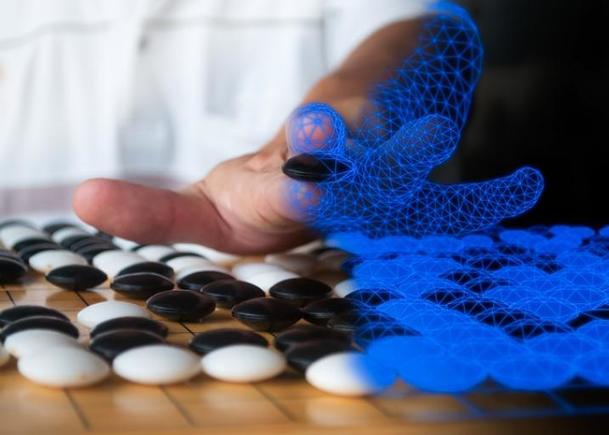It made its presence felt in a variety of industries in 2017.
Sourced through Scoop.it from: www.slate.com
Picture this. Google’s AI system assisted researchers in New Zealand in identifying calls of native birds — Kakariki and Hihi — using acoustic sensors after sifting through 15,000 hours of audio captured in and around Wellington.
Sourced through Scoop.it from: www.gadgetsnow.com
Microsoft's auto-scaler employs the popular Kubernetes container orchestration technology to automatically adjust cloud resources applied to unpredictable machine learning workloads.
Sourced through Scoop.it from: www.eweek.com
The visual changes that Android 8.1 Oreo will bring to the Pixel 2 and the 2 XL, will also be hard to pin-point. Here's everything -- important -- that Android 8.1 Oreo brings to the table:
Sourced through Scoop.it from: indiatoday.intoday.in
SDL, a leader in global content creation, management, translation and delivery, today announced its Five Future States of Content, a serie
Sourced through Scoop.it from: www.ecmconnection.com
As healthcare looks toward 2018, one expert predicts that machine learning capabilities will play a critical role in improving cybersecurity and patient care.
Sourced through Scoop.it from: searchhealthit.techtarget.com
(Inside Science) -- Bricklaying is repetitive and strenuous. It takes a toll on your body, potentially spraining, tearing and straining ligaments and muscles. But new technology is now helping to identify the safer techniques master masons use, gaining insights that can improve training.
Sourced through Scoop.it from: www.insidescience.org
Poachers are killing people so they can kill elephants. The Arctic National Wildlife Refuge is now open to oil drillers. Are humans bad for Earth?
Sourced through Scoop.it from: www.latimes.com
Scientists are combining Twitter, citizen science and cutting-edge artificial intelligence (AI) techniques to develop an early-warning system for flood-prone communities.
Sourced through Scoop.it from: www.ndtv.com
A new automated machine-learning system performs as well or better than its human counterparts — and works 100 times faster.
Sourced through Scoop.it from: news.mit.edu




















